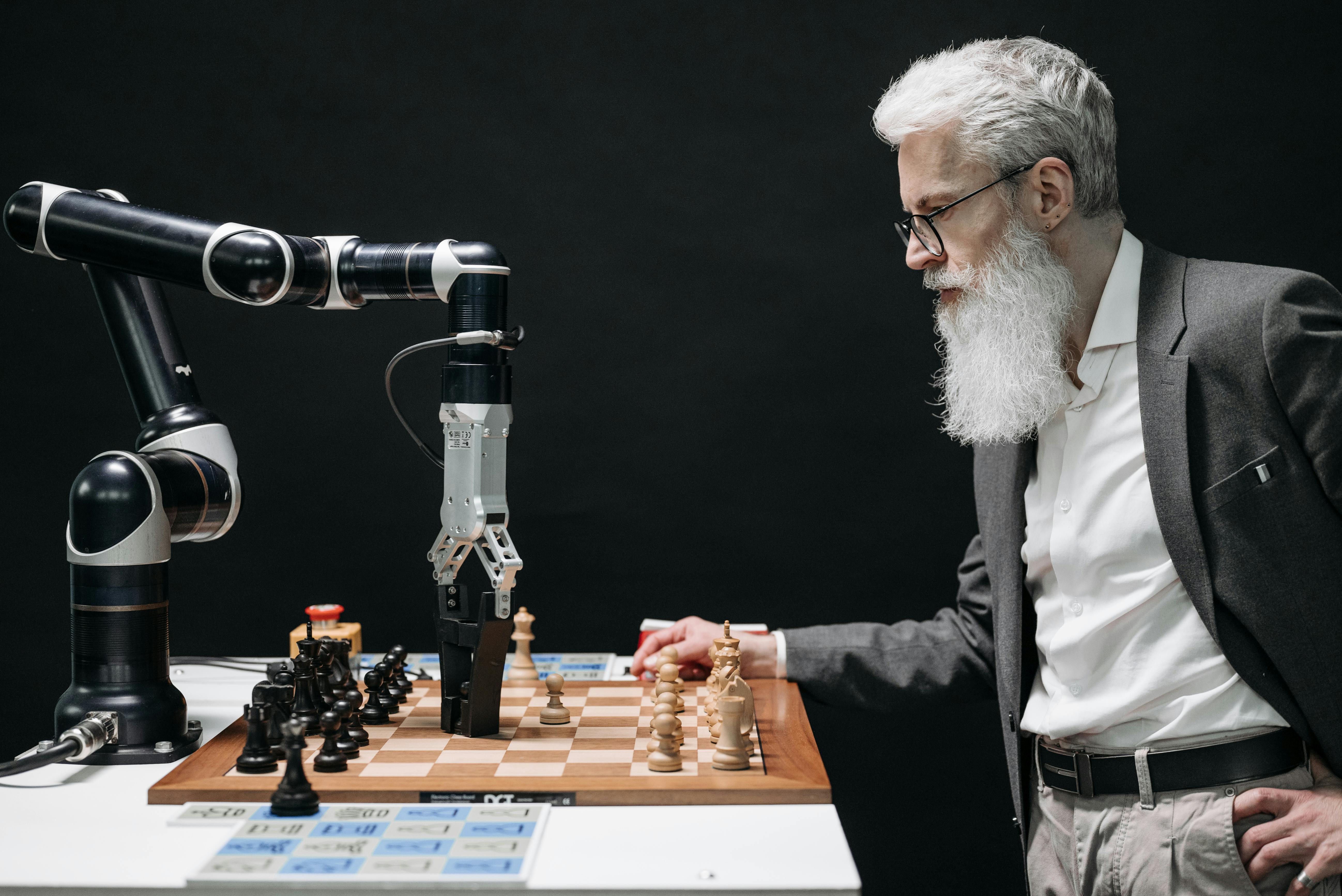CoRAG: Collaborative Retrieval-Augmented Generation Improves Knowledge Sharing

Top post
Retrieval-Augmented Generation in a Collaborative Context: CoRAG Expands the Possibilities
Retrieval-Augmented Generation (RAG) has established itself as a promising approach for knowledge-intensive tasks, particularly in the field of few-shot learning. RAG models combine the strengths of generative models with the ability to retrieve relevant information from external knowledge sources. A new research paper now extends this concept with a collaborative component: CoRAG allows multiple clients to jointly train a RAG model while utilizing a shared knowledge store.
CoRAG: Collaborative Learning, Shared Knowledge
The CoRAG framework aims to increase the performance of RAG models through collaboration. Instead of training each model in isolation with its own dataset, the clients in CoRAG share a common pool of passages from which relevant information can be retrieved. This approach allows the models to benefit from the experiences and data of all participating clients, especially in scenarios with limited resources.
CRAB: A New Benchmark for Collaborative Question-Answering Systems
To evaluate the effectiveness of CoRAG, CRAB was developed, a benchmark for collaborative, homogeneous open-domain question-answering systems. CRAB provides a standardized environment to compare the performance of different collaborative learning methods in the context of RAG. The results of the experiments show that CoRAG outperforms both parametric collaborative learning methods and locally trained RAG models in resource-constrained scenarios.
The Importance of Relevant and Irrelevant Passages
The analysis of the results highlights the crucial role of relevant passages within the shared knowledge store. The more relevant information available, the better the CoRAG model can answer questions. Surprisingly, however, a positive effect was also observed through the inclusion of irrelevant passages. These can help make the model more robust to noise and improve its generalization ability.
Challenges and Future Perspectives
At the same time, the integration of passages from various sources also presents challenges. The inclusion of so-called "hard negatives," i.e., passages containing misleading or false information, can negatively impact the model's performance. This leads to a central trade-off in the development of CoRAG systems: on the one hand, the advantage of a collectively enriched knowledge base, and on the other hand, the potential risk of integrating harmful passages from other clients.
The research results underscore the potential of CoRAG for improving Retrieval-Augmented Generation in collaborative environments. At the same time, important design challenges are highlighted, and promising research directions for the future are outlined. The further development of strategies for intelligent selection and filtering of passages in the shared knowledge store will be a decisive factor for the success of CoRAG.
Bibliographie: - https://arxiv.org/abs/2504.01883 - https://arxiv.org/html/2504.01883v1 - https://www.researchgate.net/publication/390440082_CoRAG_Collaborative_Retrieval-Augmented_Generation - https://huggingface.co/papers/2501.14342 - https://www.microsoft.com/en-us/research/publication/chain-of-retrieval-augmented-generation/ - https://paperswithcode.com/paper/coral-collaborative-retrieval-augmented-large - https://www.researchgate.net/publication/385510419_CORAG_A_Cost-Constrained_Retrieval_Optimization_System_for_Retrieval-Augmented_Generation - https://www.themoonlight.io/fr/review/retrieval-augmented-generation-with-collaborative-filtering-for-personalized-text-generation - https://www.appliedai.de/assets/files/retrieval-augmented-generation-realized/AppliedAI_White_Paper_Retrieval-augmented-Generation-Realized_FINAL_20240618.pdf - https://www.marktechpost.com/2025/01/28/microsoft-ai-introduces-corag-chain-of-retrieval-augmented-generation-an-ai-framework-for-iterative-retrieval-and-reasoning-in-knowledge-intensive-tasks/.png)


